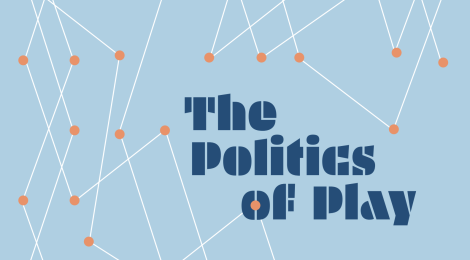The Book as Extractive Technology/Practice
Proof of registration, via a QR code on your phone or on paper, will be required to enter Reid Hall. Entry will be refused to those who are not registered.
Please note that access will not be permitted 15 minutes after the start of the event.
This event will be held in English.
To be notified of upcoming Institute for Ideas and Imagination events, we invite you to sign up for our monthly newsletter.
Joseph Howley will examine the ancient history of entanglement between extractive practices and technologies of the book, examining the use of enslaved labor in ancient Rome to make and use literature and literary objects, and the underlying logics of those practices that animate the present moment of extractive computer technologies known as “artificial intelligence.”
Joseph A. Howley holds an M Litt in Ancient History and a PhD in Classics from the University of St Andrews in Scotland, having previously studied at the University of Maryland. His research concerns the intellectual and media cultures of the Roman world, and the history of the book. He grew up in the suburbs of Washington, DC and has taught at Columbia since 2011. Since 2016, he has been a Senior Fellow of the Andrew W. Mellon Society for Critical Bibliography at Rare Book School, an independent 501(c)(3) located at the University of Virginia. The Society is an interdisciplinary community of scholars and practitioners working on the study of books and material text across time periods and geographies. In 2025-2026, he will serve as President of the Society.
The Rendez-Vous de l’Institut Series is generously supported by the Stavros Niarchos Foundation.





